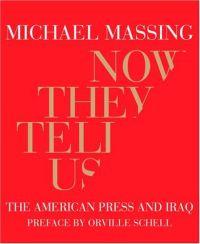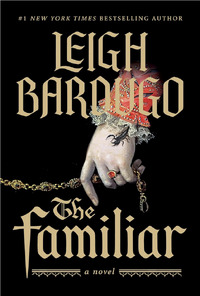

Purchase
The American Press and Iraq
New York Review Books
May 2004
91 pages
ISBN: 1590171292
Paperback
Add to Wish List
Non-Fiction
Over 500 reporters were embedded with military units to
produce news coverage of the war in Iraq for American media
outlets. As Michael Massing explains, this did nothing to
prevent the coverage from being dependent on sources
sympathetic to the White House. The embedded journalists saw
only a small part of the war, while their colleagues back
home refused to report on the ample evidence showing the
pre-emptive war to be misrepresented by the Bush
administration. Meanwhile, reporters at the Coalition Media
Center were afraid to challenge the information (or more
accurately the non-information) they received at the
military's press briefings because of the threat of not
being called on in the future. The result was American
coverage of the war that seemed to show "a war of liberation
without victims." Since the end of the war, however, it has
been a different story. The media as a group has begun to
ask difficult questions about the evidence on which the war
was based and on how that evidence was used. Massing
highlights how the "contrast between the press's feistiness
since the end of the war and its meekness before it" points
to entrenched and disturbing features of American journalism.
Comments
No comments posted.
Registered users may leave comments.
Log in or register now!
| 


 © 2003-2024 off-the-edge.net
all rights reserved Privacy Policy
© 2003-2024 off-the-edge.net
all rights reserved Privacy Policy